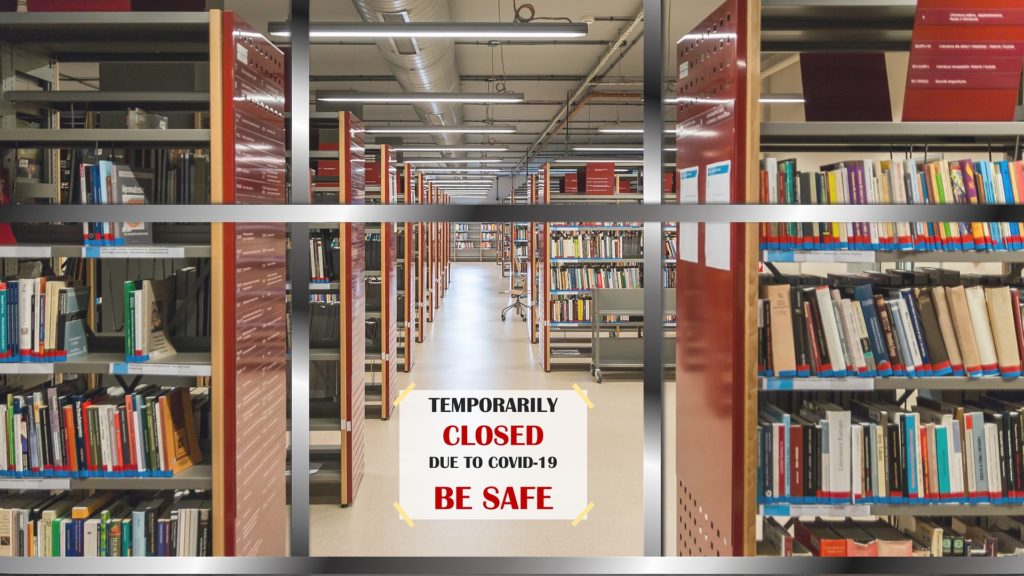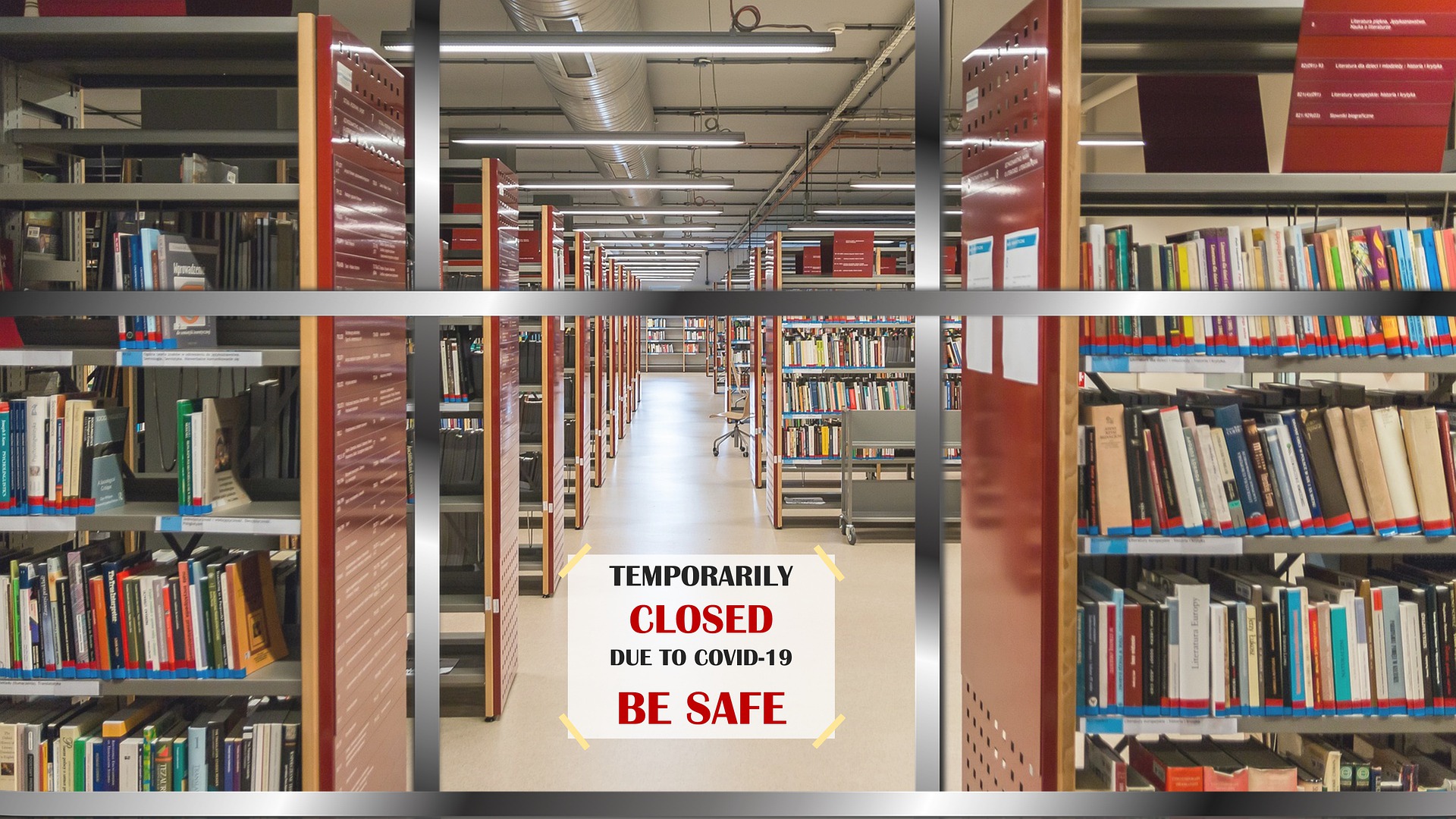
In a number of states, legislation has been proposed to compel insurance companies to pay business interruption losses. Before I discuss the 2 biggest issues related to this pending legislation, let me recap exactly what business interruption insurance is.
Business interruption (BI) coverage is a form of indirect PROPERTY insurance. This mean’s a covered peril in a property policy must cause a loss, and that insured loss must, in turn, trigger the business to shut down operations.
For example, if a business’ building were destroyed by an arsonist, the covered peril of fire caused the property loss. The business’ BI coverage will be triggered. However, if a flood destroyed the business’ building and shut down operations, the peril of flood is an excluded peril and neither the flood damage nor the ensuing business interruption would be covered by the policy.
Although many people, including state governments and politicians, are calling for insurance companies to honor the business interruption losses of ALL businesses that were shut down as a result of COVID-19 orders, I don’t see that actually happening.
Here’s why.
First, coronavirus–or any virus, for that matter, is NOT a covered peril in any insurance policy I ever read. Even more importantly, most insurance policies contain specific exclusions for the perils of “virus” and “pollutant,” both of which would apply.
Furthermore, the shutdown of operations to any business due to COVID-19 is not a result of property damage. It is the result of a civil authority making an order. And yes, although business interruption insurance does provide limited coverage for Civil Authority, that policy provision requires the civil authority to evacuate an area, or prevent access to it, because of a peril that is covered by the business’ policy.
Back to the 2 big concerns I promised to discuss.
First, when insurance companies file their premium rates with the states–as required by state law–those rates are approved by the states. The entire concept of risk pooling, which is the foundation of the insurance industry, is violated if an insurer MUST pay for every single loss experienced by every single policyholder in a particular year. Essentially, it would bankrupt an entire segment of the insurance industry.
Next, the insurance policy is a legal contract. Contracts are regulated and enforced by the federal and state governments. However, the only parties to an insurance contract are the insurer and the insured–not the government. Under federal law no one can force the parties to a contract to amend its terms and conditions. I’m not a lawyer, and I’m not giving legal advice, but based on the talk I’m hearing from lawyers, it’s unlikely any state government will prevail in court if it attempts to constrain insurers to pay all business interruption claims they receive.
This is the short version of the story about how the pandemic is affecting the current insurance marketplace and, specifically, business interruption insurance. For the long version, listen to Episode 5 of my podcast, Business Interruption Insurance in a Pandemic.
